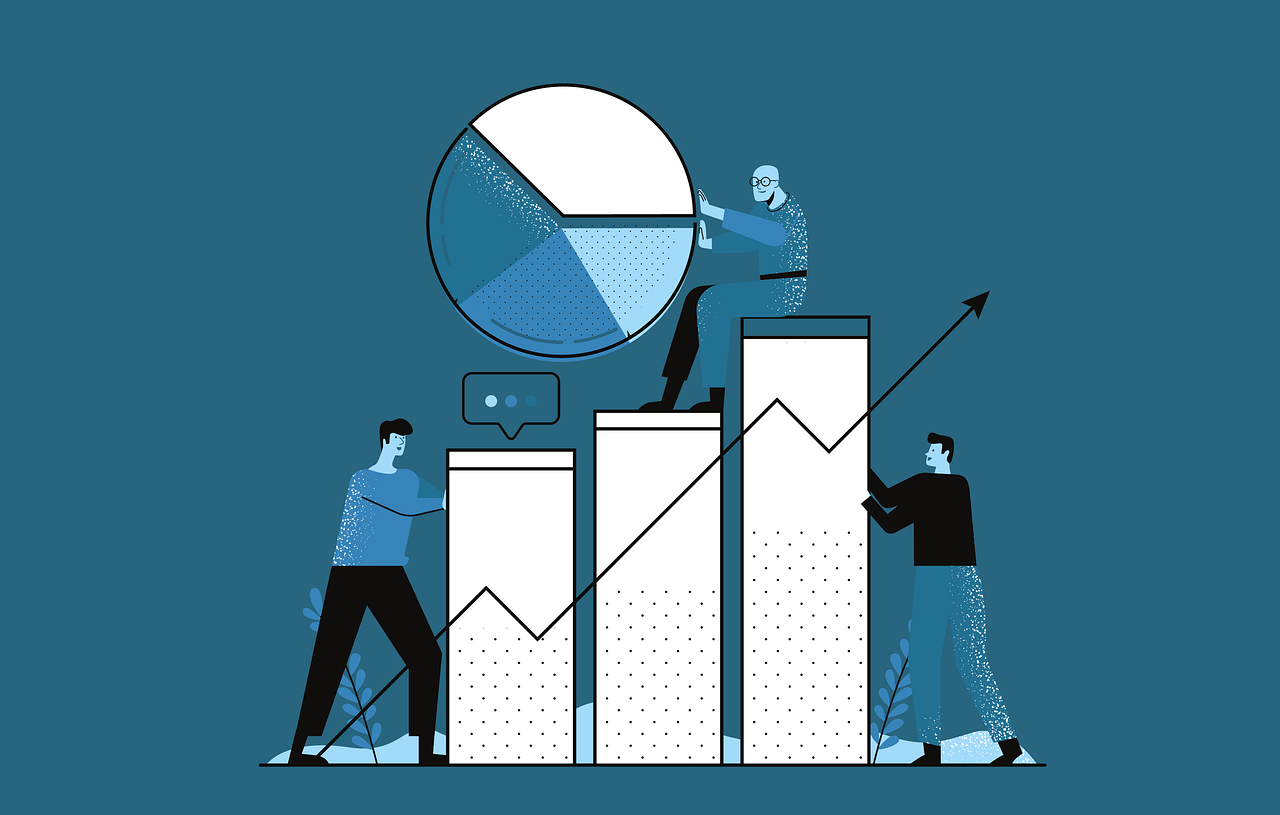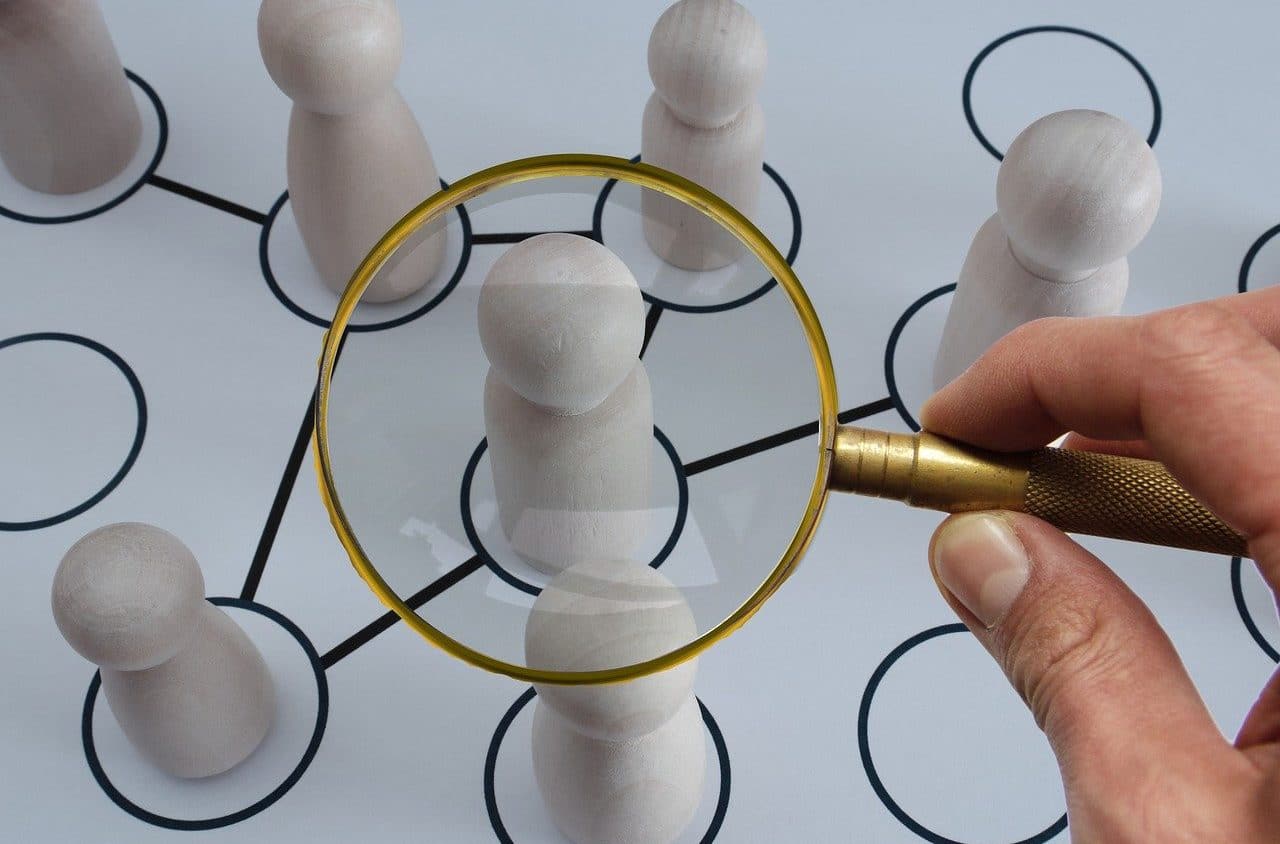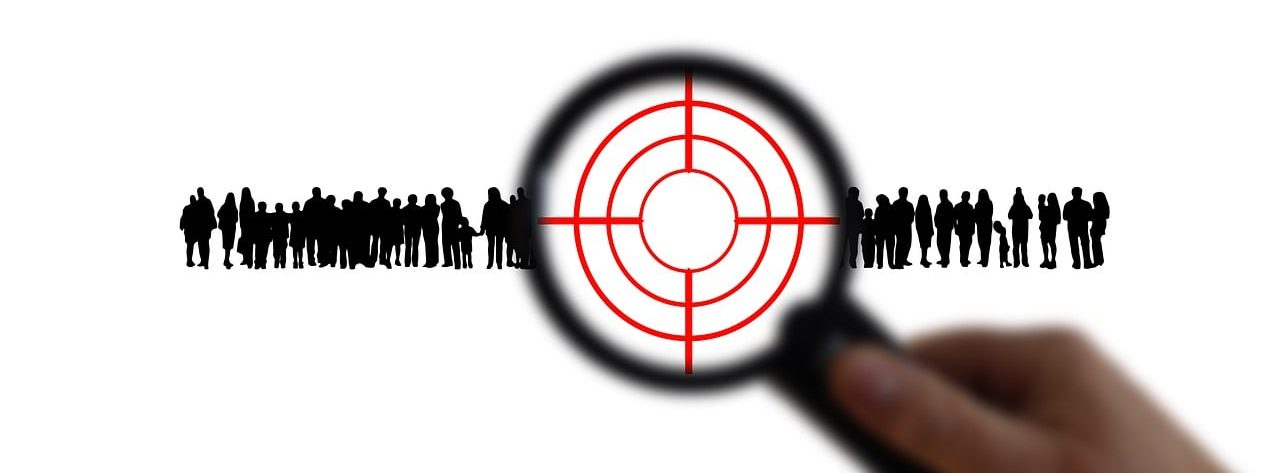
Consumer behavior can be known through market research.
Consumer behavior is the behavior of an individual or a group of people when purchasing a product or contracting a service . The concept refers to how a subject chooses to use the resources they have to achieve the satisfaction of their needs or desires.
It should be noted that the idea of behavior refers to a way of acting. A consumer , meanwhile, is someone who buys and uses consumer products or someone who uses different services.
It can be said that consumer behavior is someone's way of proceeding when deciding on a purchase . The notion refers to both the specific instance in which the operation takes place and the previous stages in which multiple factors influence.
Characteristics of consumer behavior
Consumer behavior is built through the combination of multiple variables. As a field of study, it is an area where marketing , psychology , economics and other sciences and disciplines intersect.
It must be taken into account that consumer behavior must be understood as a dimension of human behavior . In this sense, all the elements that intervene when making decisions must be considered.
Consumer behavior has to do with how people react to stimuli. Studies developed from marketing seek to anticipate this behavior to guide the commercial strategy towards said behavior .
There is a consumer psychology that intervenes in the purchasing decision process. Social class, lifestyle and social influences are part of the set of factors that influence consumer attitude and purchase motivation.

Consumer trends reveal consumer behavior.
Stages of the purchasing process
The purchasing process is developed in five stages:
- Identification of the need : The person recognizes that they need a product or service. Of course, this need is not always associated with something that is essential, but it can be a desire.
- Search for information : The subject begins to search for data to make a decision regarding the product or service. You can find out prices, consult in reference groups or read comments on social networks, for example.
- Information processing : In this phase the data obtained is analyzed and compared. The consumer carries out an evaluation of alternatives.
- Purchase decision : It is the completion of the operation (acquisition or contracting).
- Consumption or use and subsequent evaluation : The post-purchase stage determines customer satisfaction. The buyer may consider that the purchase allowed him to satisfy his need or desire or, on the contrary, that it did not meet his expectations. This evaluation is key for future purchases.

It is important to know consumer behavior in crises (pandemics, recessions).
Types of consumer behavior
Experts recognize several types of behavior depending on the consumer's attitude. These classifications are due to the purchasing behavior itself as well as the frequency of operations and the channel used to purchase.
The rational consumer is one who separates emotions and consumption . Before you buy, consider why you should do the transaction and what the advantages and disadvantages are. That's why you tend to plan your purchases, which you only make when you consider it appropriate.
The impulsive consumer , on the other hand, is more susceptible to marketing actions. He seeks immediate satisfaction of his desire and thus opts for impulsive purchasing.
The loyal consumer , meanwhile, stands out for his fidelity . They don't spend time or effort evaluating alternatives or buying on impulse: they prefer to maintain their brand loyalty.
Other classifications refer to a consumer oriented by necessity (responds to the requirements that arise from their daily life) and a consumer oriented by discounts (buys based on the promotions they find).
Factors influencing the decision
Consumer behavior depends on numerous factors that determine decision-making related to purchases.
The economy is one of the most important variables. The purchase is largely defined by the financial resources of the buyer and the price of the good or service in question.
Psychology is also key. The consumer's perception is built according to their emotions and feelings.
Personal and social factors also have an impact. Particular interests, age, educational level, family opinions and the views of friends can encourage or discourage the purchase.
Importance of consumer behavior
As we indicated above, studying consumer behavior is essential for companies. By understanding how purchasing decisions are made, you can try to influence them through marketing actions , commercial strategies , etc.
Suppose you notice that a certain type of product attracts the youngest consumers, who are also the most impulsive. Advertising must aim to generate an impact on that population sector. You can also work on online consumer behavior because young people prefer to use electronic commerce.
Likewise, it is relevant to identify the products that the market demands and also to detect those that do not arouse interest. That is why it is always useful to study consumer behavior.
